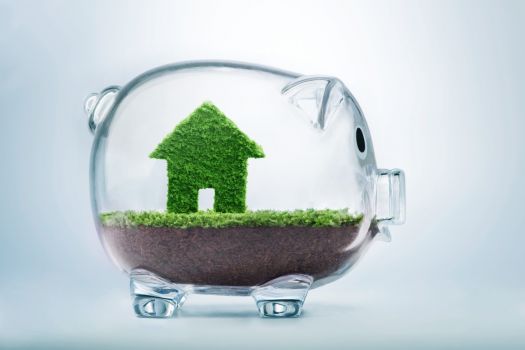
It’s not the sexiest subject for the treasury to use to spearhead their economic response to the Coronavirus epidemic, and subsequent economic shock, but a green revolution has been getting increasing attention from those in power.
It’s been on the agenda of world governments for what feels like a lifetime now – how to reduce carbon emissions effectively without disrupting the economy too much and causing largescale job losses in other sectors.
That part of a complicated equation may well have just become a lot simpler as the world economy goes through a shift not seen since World War 2. Entire industries are likely to have completely changed over the coming 12 months, and this is fertile ground for government funded change.
Of course, on the flip side of this is that even if the pandemic does cause unemployment, if the government can then stimulate an entire sector it can create new, highly paid and productive jobs that benefit the environment.
That’s not to mention that air quality and general environmental improvements are a pursuit that we can all presumably agree are desirable outcomes. After all, there is growing evidence that poor air quality leads to poorer outcomes and even increased mortality with respiratory diseases like COVID-19.
So with the government enacting the largest programme of government intervention and state spending in peacetime, it makes perfectly logical sense to use that to encourage and fund green projects and businesses that will allow us to reduce carbon emissions over the long-term.
Green economy
According to new analysis the green economy in the UK is now worth £47 billion and grew a healthy 5% year-on-year between 2019 and 2020.
Renewable energy is becoming a large part of government strategy and, in fact, Britain broke the record for consecutive days without coal burning power. It went 18 consecutive days in April of this year, which is the longest the UK has gone without coal produced power since 1882.
The big power companies in the UK are increasingly investing into renewable energy such as wind, hydro and solar powered plants, and the UK has some of the largest wind farms in the world in the North Sea and beyond.
By and large, Britain is actually one of the world’s greenest developed economies and is rapidly evolving into a near carbon neutral economy. Last year the UK government officially committed to becoming carbon neutral by 2050, the first country to do so.
All of this should convince investors that green is the future, and if that doesn’t then you should consider that Tesla cars, Elon Musk’s electric car company, recently became the world’s most valuable car company, overtaking Toyota.
Green property
Ok, so what does this have to do with property? Well, it would seem that green property is central to the government’s post-Covid strategy, with the chancellor announcing in the summer statement recently that they would be funding a huge drive to improve the energy efficiency of their properties.
According to the Financial Times, “Homeowners and landlords will be able to apply for vouchers from September that will cover at least two-thirds of the cost of updating their property, up to £5,000 per household.”
The benefits for landlords could be massive. Not only are they able to take advantage of government grants to improve their properties, this will also add to the value and condition of the property.
And not just that, when thinking about the rental market there is increasing focus on energy efficiency for money-conscious and ethical millennial tenants. Being able to save potentially hundreds of pounds over the course of a year on energy bills, whilst also helping the environment, is a big plus.
In a competitive market, it could make all the difference and not only increase rental demand, but also allow you to do your part to help the environment and the economy.
